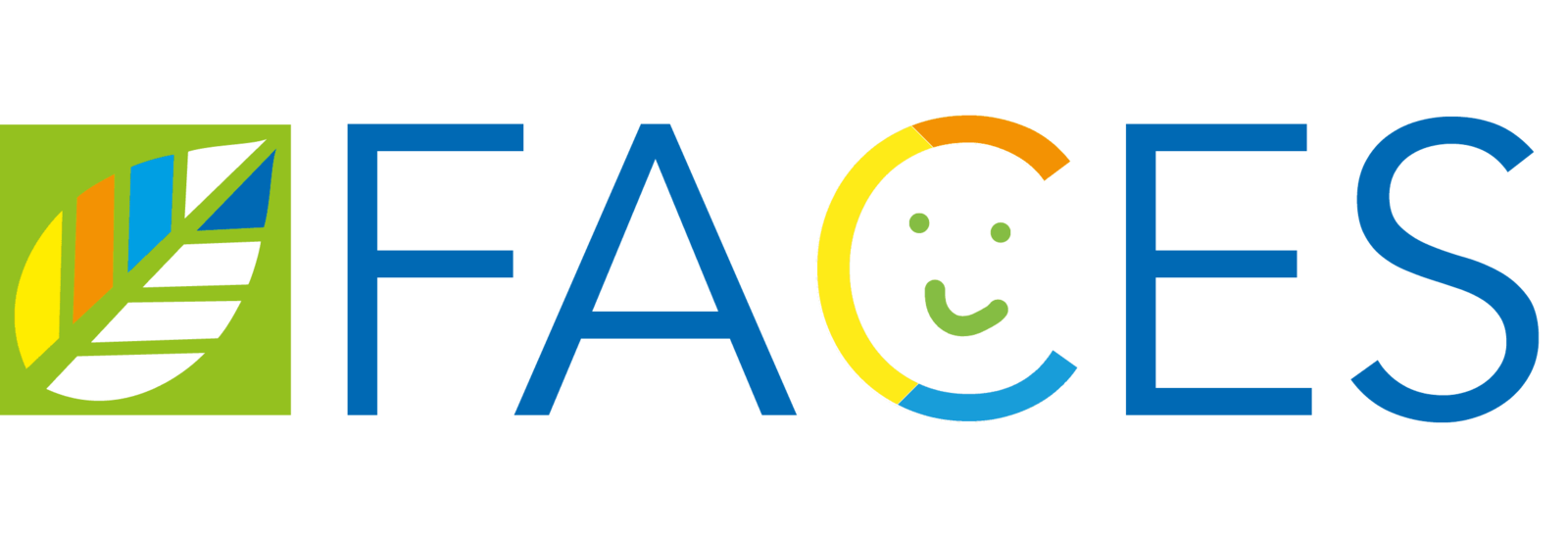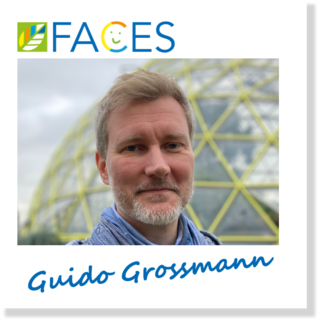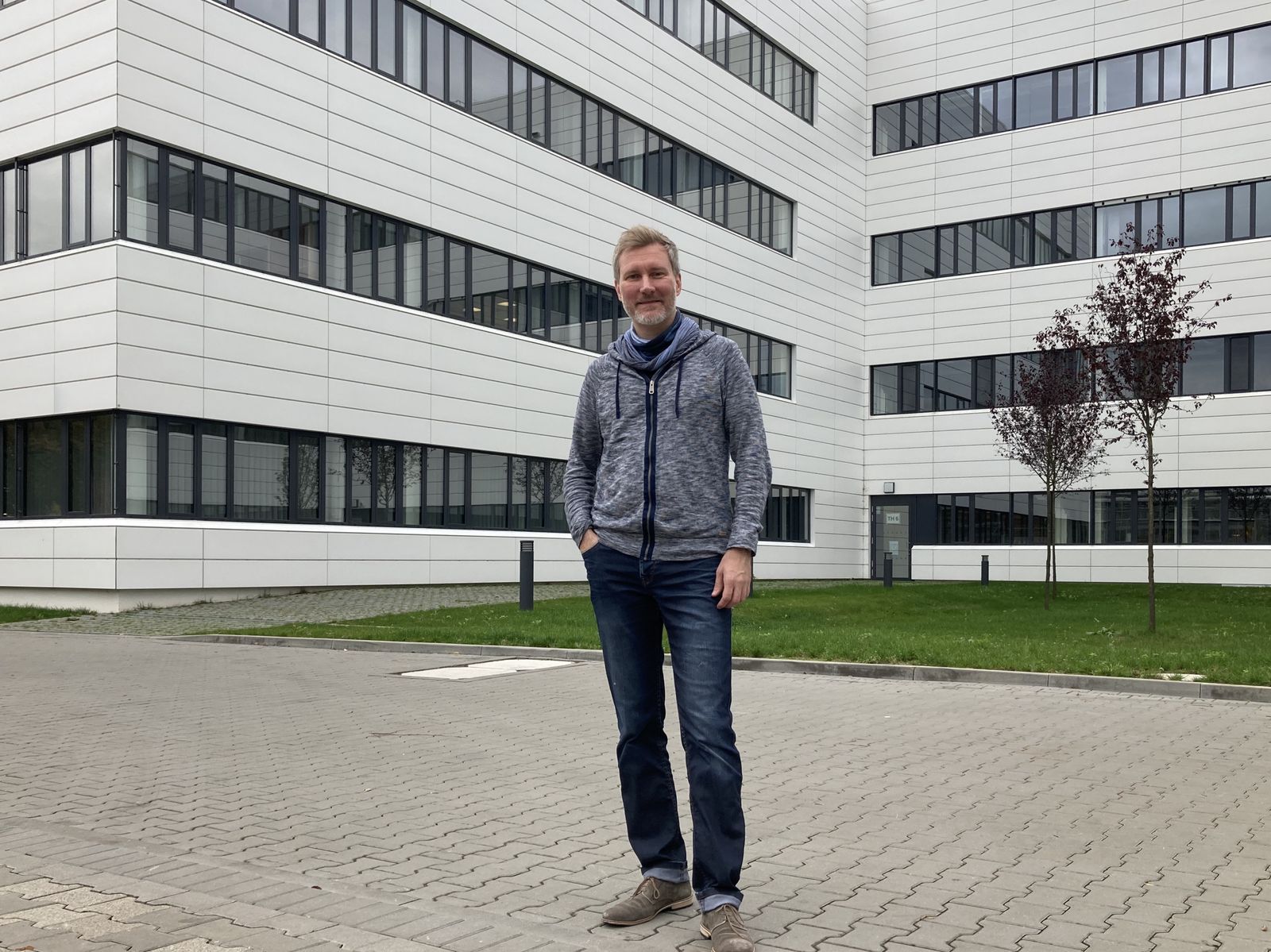

Six questions to Guido Grossmann
Question 1
What fascinates you most about natural sciences?
I am particularly fascinated by the driving force of natural sciences: curiosity. I am fascinated by how curiosity drives us to take risks in order to discover the unknown and understand the underlying principles. Curiosity determines our actions from early childhood. Before we can walk, we begin to examine things. As natural scientists, we have the privilege of being able to turn our curiosity into a tool. We can then share our discoveries and learn from one another as a community. This creates this infinitely growing and dynamic body of knowledge. Thanks to cross-connections and occasional flashes of inspiration, it sometimes leads to technological progress, sometimes to a deeper understanding.
Question 2
What is your favorite plant and why?
I don't think I could decide on a single "favorite plant". It is the variety of sometimes extreme forms of adaptation in plants that always amazes me. I am, however, particularly impressed by American bristlecone pines, which include some of the longest-lived individuals on Earth, spending thousands of years in the same location. They are an impressive example and perhaps also a role model in terms of a sustainable use of resources. However, they don't live forever either.
Question 3
Which incident from your life as a researcher has remained in your memory the most?
Probably the moment when, as a doctoral student, I was sitting at the confocal microscope and able to observe for the first time how plasma membrane proteins rearranged depending on the strength of the cellular membrane potential, how they accumulated in nanodomains or got distributed evenly. It suddenly became clear to me how much potential for regulation would arise for cells through such transiently formed "reaction spaces". I was so excited that I rang up my PhD advisor Widmar Tanner in the middle of the night. He had predicted the existence of such membrane dynamics already decades earlier - and now we could observe it microscopically for the first time! These are the moments for which I - like most of my colleagues - love this job. And when I came home that morning with tired eyes but a big grin, it was also clear to my wife Sabrina that I would probably not be so easily dissuaded from the idea of pursuing a scientific career.
SPECIAL QUESTION
Where did you work before and what were your main research interests?
During my doctorate with Widmar Tanner at the University of Regensburg, I worked on the topic of molecular organization of the plasma membrane, which has followed me with its various aspects since then. At that time, we investigated the dynamic separation of membrane proteins into different nanodomains and discovered for example the above mentioned role of the membrane potential in this lateral sorting. While using baker's yeast as model system so far, I switched to plant science and spent my postdoc as an EMBO fellow at the Carnegie Institution for Science in Stanford (USA) in the groups of Wolf Frommer and David Ehrhardt. There I investigated the role of the cortical cytoskeleton in membrane protein dynamics in Arabidopsis. Together with colleagues we developed the RootChip, a microfluidic platform for live microscopy and stimulation of Arabidopsis roots in precisely controlled microenvironments. In 2013 I became head of an independent research group at the Centre for Organismal Studies at Heidelberg University and a member of the CellNetworks Cluster of Excellence. Since then, the lab targets mechanisms of cell polarization, regulation of cellular growth and cell-to-cell communication in plant roots and develops synthetic microenvironments to enable quantitative studies of molecular dynamics in growing roots under changing environmental conditions.
Question 4
What advice would you give to young scientists?
Keep your innate curiosity! Look for role models. Build your network. And always hold up the flag of scientific integrity.
Question 5
If you had the choice, which research question would you like to be able to answer?
I am interested in how higher order arises, both with regard to the arrangement of matter - in cells or in the universe - and on the other hand on an immaterial level, when order leads to information being processed and stored, ultimately enabling some organisms to even develop a consciousness. Perhaps we can make a small contribution with our research if we manage to better understand the functioning of a comparably simple, but nonetheless information-processing system such as the plant root.
Question 6
What's your favorite thing to do after work?
I prefer spending the time outside of the lab with my wonderful family, who supports and inspires me or takes my mind off things ... and who reminds me, when I talk too much again, that I can just be Daddy at home.


Profile
Name:
Guido Grossmann
Position: Head of Institute for Cell and Interaction Biology, HHU
In CEPLAS since:
October 2020
Place of birth:
Dresden